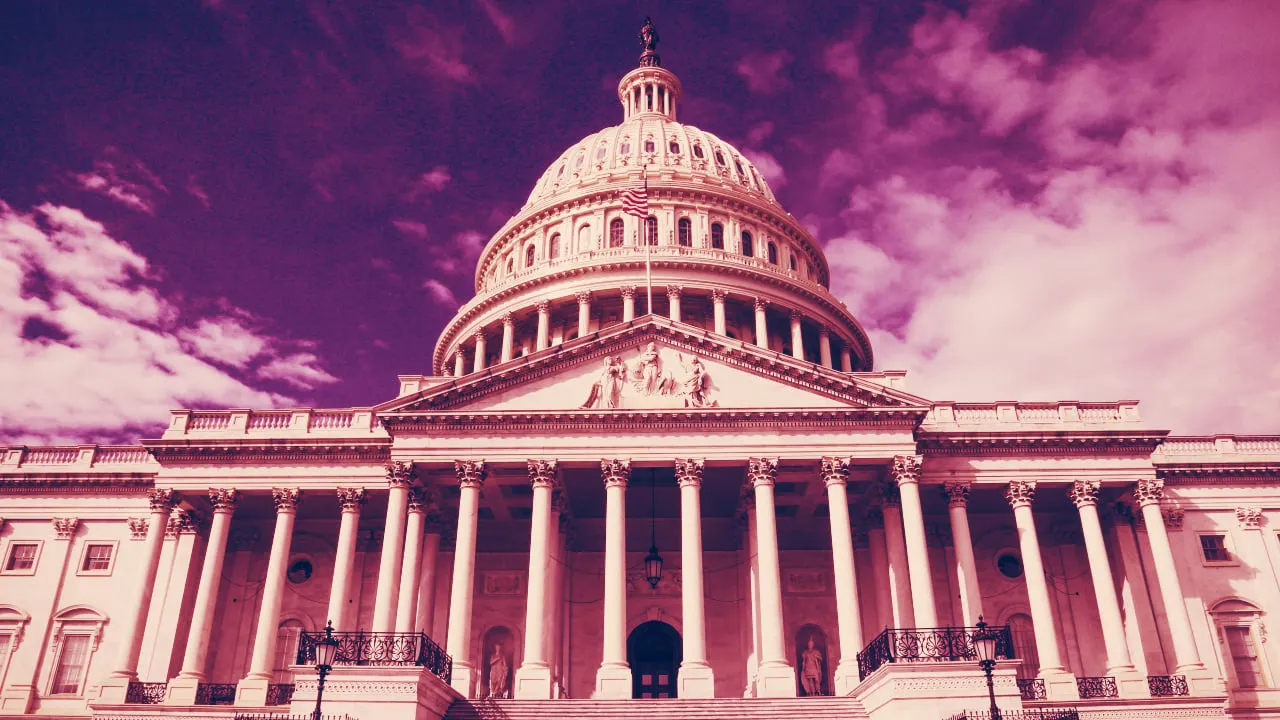US Congressmen struck a notably more conciliatory tone toward Facebook than their Senate colleagues, going so far as to praise Bitcoin, and the broader cryptocurrency movement, as “unstoppable,” during a House Financial Services Committee hearing on Libra today.
Facebook’s David Marcus, who was savaged by a far more bellicose Senate Housing, Banking and Urban Affairs Committee yesterday, reiterated his defense of the social network’s hoped-for cryptocurrency today. He said that the Libra currency would be decentralized, with only a modicum of power accruing to Facebook; that services built atop the network would comply with jurisdictional regulations; and that Libra had been deliberately proposed early to anticipate concerns raised by lawmakers.
But this time, the congressmen were more amenable.
“Change is here,” said Rep. Patrick McHenry (R-NC). “Facebook’s entry in this world is just confirmation—albeit at scale.” McHenry (R-NC) cautioned observers not to dismiss Libra outright, saying that cryptocurrencies were the future and that it was imperative to exert “thoughtful government oversight” to avoid stifling innovation.
Directly acknowledging the influence of Bitcoin on Libra, McHenry continued: “The world that Satoshi Nakamoto, author of the Bitcoin white paper, envisioned is an unstoppable force. We should not attempt to deter this innovation. And those that have tried have already failed.”
“Some of us want to live in permissioned society, where you have to come to the government and for its blessing before you even think about innovating,” he added. “Others believe in innovation.”
This was a far cry from the rhetoric that has been trotted out in recent months, notably by Rep. Maxine Waters (D-CA) herself, who chairs the committee. Last week, Waters issued a lacerating letter that was signed by her fellow committee members, calling on Facebook to immediately halt development of the Libra currency. Similarly, US Treasury Secretary Stephen Mnuchin disparaged Bitcoin earlier this week as a technology fit only for “money launderers and terrorist financiers,” while Rep. Brad Sherman (D-CA) called earlier this year for the US government to shut Bitcoin down—inadvertently highlighting the difficulty of doing so.
This is not to suggest that the Congressional hearing was a lovefest. Waters noted that Facebook’s overtures to compliance seemed hollow—especially in the wake of a CNBC report yesterday that contradicted Marcus’s claim that he was actively working with Swiss banking authorities to establish appropriate regulatory oversight.
Much of the discussion revolved around what Libra actually is.
Rep. McHenry pointed out that there was tension between Marcus’s inability to define the crypto scheme—is it a commodity? a security? an exchange-traded fund?—and Facebook’s stated hopes to comply with regulators. The same, he added, could be said of Facebook’s plans to eventually become “permissionless.”
Marcus defended Libra against claims it was an investment vehicle, specifically an ETF, and that it would need to be regulated as a security. Because the Libra is designed for stability, he argued, nobody would buy it in the hope of squeezing out speculative gains—a primary metric for what qualifies as a security.
Others tried to extract commitments from Marcus, but to no avail. Rep. Carolyn B. Maloney (D-NY) demanded that Marcus commit to a “small pilot program,” with no more than one million users, before fully launching the Libra. Marcus only vowed to work with regulators. Similarly, Maloney tried to elicit a promise that Facebook would permit digital wallets competitive to Facebook’s own wallet, Calibra, on its platform. Marcus demurred.
Beyond this, Waters ran through the usual gamut, bringing up Facebook’s track record on privacy and saying the Libra project would ultimately “concentrate government influence in the hands of a few elites.”
She also made reference to a bill in the works intended to bar tech companies outright from setting themselves up as banks, and, as she put it, “inappropriately mix commerce and banking activities.”
“If Facebook’s plans come to fruition,” she added, “the company and its partners will wield immense economic power that could destabilize currency.”
Others were more extreme in their takes. Sherman, present in the hearing, responded to Marcus’s argument that Libra was an important innovation by saying that 9/11, too, was also a “big innovation.” But Libra, he said, “might be a bigger threat to America."
What could come next? Sherman suggested Facebook CEO Mark Zuckerberg himself ought to testify about Libra. Zuckerberg, notably, hasn’t specifically addressed Libra and has been keeping his distance. Perhaps for good reason.

